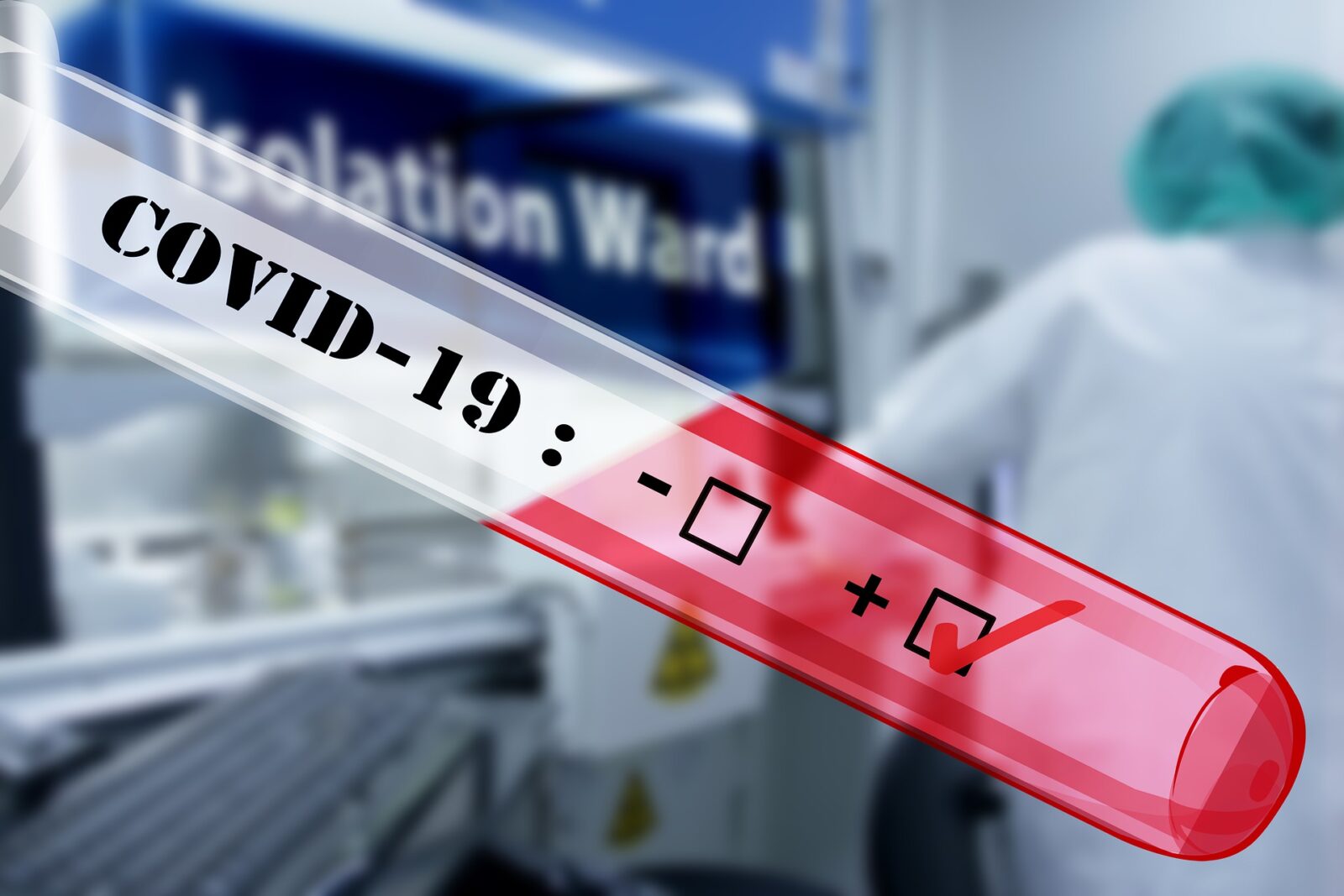According to a new study, a blood test could be used to predict who will have long COVID time.
Long COVID is a word that refers to a situation in which patients have persistent systems of COVID-19 that may endure for weeks, months, or even more than a year after an infection has cleared up.
There is a wide variety of chronic symptoms linked with the illness, including exhaustion, shortness of breath, chest discomfort, and difficulties with memory and attention, among other things.
Moreover, Professor Altmann stressed the need for researchers to understand better how to identify extended COVID to ensure that patients with the illness have access to healthcare treatments.
These diagnostic signals should also guide the selection of novel therapies.
He went on to say that if between 10 and 20% of COVID-19 instances result in persistent symptoms, this might suggest that there are now up to 40 million long-term cases worldwide, providing a substantial problem for healthcare planning and service.
Diagnosing Long Covid
In a recent study, researchers discovered that lower levels of a specific antibody that can be identified via a blood test might predict whether or not a person is more likely to develop extended COVID symptoms.
According to NBC News, research published Tuesday in the journal Nature Communications discovered that persons who experience long-term symptoms of the virus had lower levels of two immunoglobulins — IgM and IgG3 — that were produced immediately after being infected with the virus, according to the article.
Immunoglobulins are antibodies produced by the immune system to fight against infections.
According to the study’s findings, those lower antibody levels were around 75% accurate in predicting whether or not a patient will develop long-term symptoms.
As reported by NBC News, the research, which took place from April 2020 to August 2021, monitored more than 500 patients from the time of infection until the end of the year after the study.
It was shown that patients with lower immunoglobulin M and immunoglobulin G3 were about 75% more likely to have long-term symptoms.
Immunoglobulins M (IgM) and G3 (IgG3) are antibodies that the immune system creates to combat infections.
According to the researchers, more research is needed to validate the results, which might assist scientists in developing a test to identify who would have long-term effects weeks, months, or even years after contracting the virus.
Since the beginning of the epidemic, doctors and academics throughout the globe have been attempting to figure out how to treat protracted COVID.
There is no universally accepted classification, diagnosis, or therapy for these prolonged manifestations of symptoms.
According to NBC News, around one-third of virus patients may suffer symptoms for up to a month after contracting the virus.
Extended COVID Symptoms
There are a variety of symptoms that may occur with a COVID-19 infection.
The following are examples of long-term COVID symptoms:
- exhaustion to the extreme/fatigue
- chest tightness or discomfort in the chest lack of breath
- memory and concentration issues are a concern (“brain fog”)
- having trouble sleeping/insomnia
- palpitations in the heart
- dizziness
- pins and needles
- joint discomfort
- depression and anxiety
- tinnitus, earaches, and other symptoms
- feeling unwell, diarrhea, stomach pains, and a lack of appetite
- temperatures over 100.04 grade Fahrenheit, coughing, headaches, sore throat, changes in the sense of smell or taste, rashes













Leave a Reply